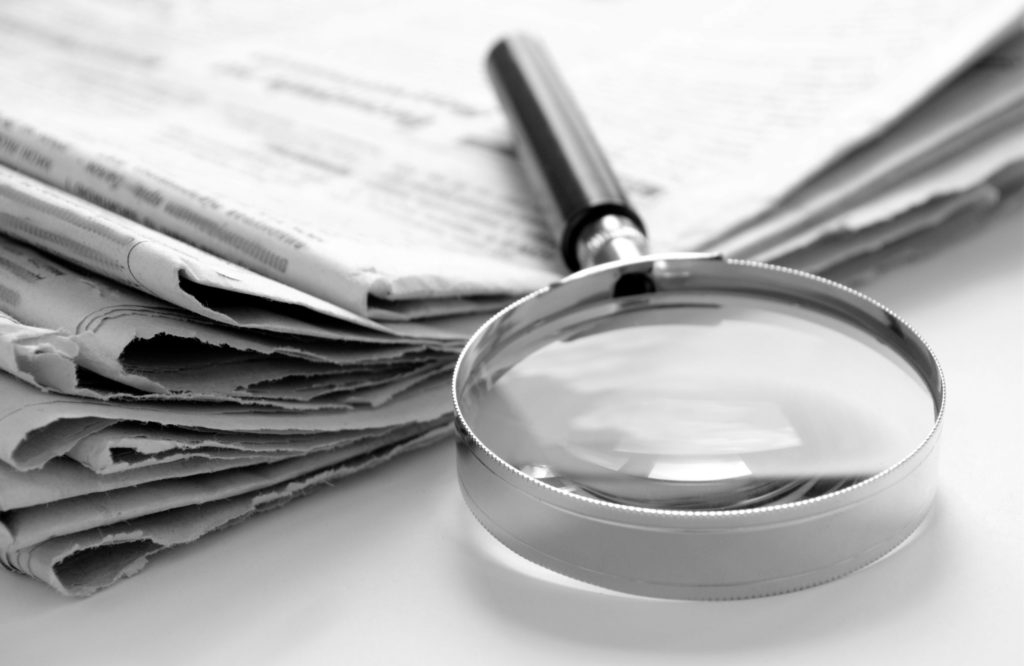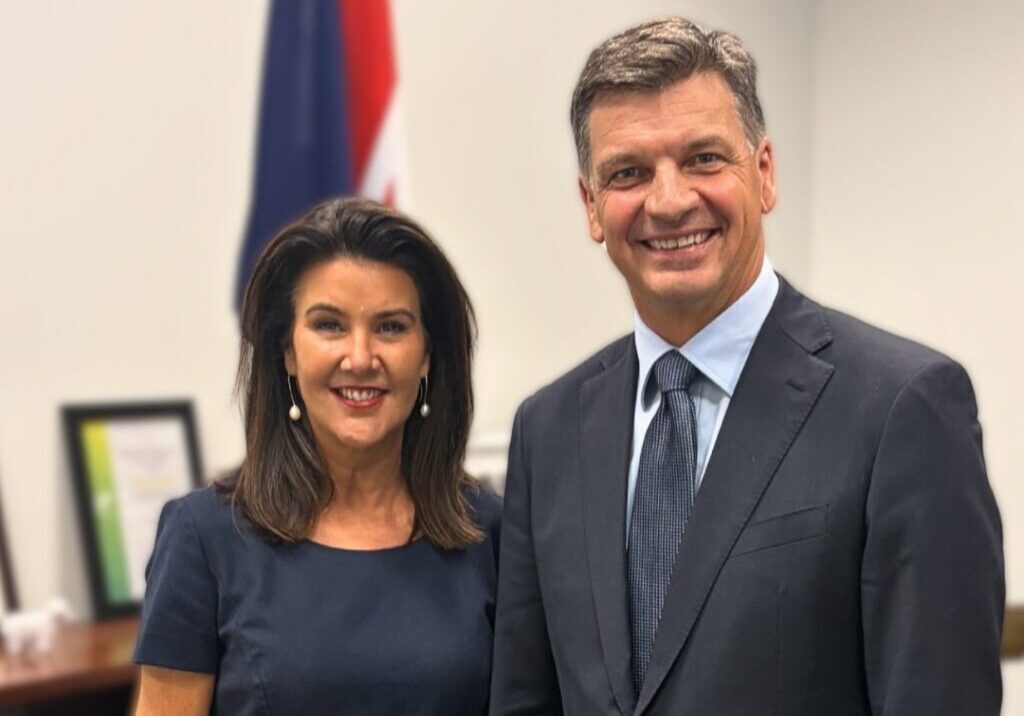Australia/Israel Review
Media Microscope: Deal or dill of the century?
Apr 28, 2025 | Allon Lee

The announcement that Washington and Teheran would engage in talks about Iran’s nuclear program inevitably sparked questions about President Donald Trump’s motivations for doing so and how his unpredictable decision-making style might affect their outcome.
On ABC Radio National “Breakfast” (April 8), Foundation for Defense of Democracies Iran analyst and recent AIJAC guest speaker Behnam Ben Taleblu said the announcement of talks was not a surprise to “anyone who was paying attention to what Donald Trump was saying… Not only during the first term, but also during the campaign period prior to his first term, he tried to distinguish himself from a whole host of Republican candidates and challengers and contenders saying, ‘I buy bad deals, I make them good deals’… He said that with respect to the Iranian nuclear program and the 2015-era Obama nuclear deal. And he’s always been talking about fixing and renegotiating a bigger, better deal. The question is, well, what are the contents of that bigger, better deal?”
Ben Taleblu explained that Trump’s goals for a deal need to be viewed in terms of his “big picture” ambitions in the region, which include “peace in the Levant, Israel-Lebanon peace, Israel-Gaza peace through a series of ceasefires… Iran not having a nuclear weapon. And… potential normalisation with Israel and more Arab states like Saudi Arabia.”
The next day, the Australian warned that Washington must not be “suckered into another flawed deal, as Barack Obama was in 2015, which failed to impede Tehran’s ominous march towards nuclear weapons.”
On ABC Radio National “Saturday Extra” (April 12), long-standing Iranian regime apologist Trita Parsi said Trump “knows that opening up the Iranian market would be the biggest market that has opened up since the collapse of the Soviet Union” – something which was of little interest to Presidents Obama and Biden.
A report on SBS TV “World News” (April 20) included former Iranian diplomat Mehrdad Khonsari explaining that Trump “has to be able to tell the domestic audience in his own country, first and foremost, that I have been able to attain an agreement that is more favourable to the United States than… the previous agreement that I got out of.”
On April 13, Sky News’ Middle East correspondent Alistair Bunkall said the Trump Administration might have to offer Iran “something… so the Iranians can say that they’re getting something out of the talks… there’s about $6 billion locked away in a bank in Qatar that was supposed to be transferred to the Iranians under the Biden Administration as part of a hostage deal but never was. So, you know, that is a potential carrot that Trump could offer the Iranians, except Trump doesn’t tend to offer carrots in the early stages of negotiations.”
Speaking on Sky News’ “Bolt Report” (April 15), former US Army vice chief of staff General Jack Keane acknowledged there was concern that Trump would accept a weak deal after his Special Envoy to the Middle East Steve Witkoff, who is leading the negotiations, said Iran could maintain low-level uranium enrichment for civilian purposes.
Keane pointed out that the White House walked Witkoff’s comments back and that Trump knows the final deal must see Iran “give up the enrichment, destroy the deeply buried centrifuge facilities that they have, and destroy the ballistic missiles. Do that by a certain date and have it verified by independent inspectors. And then the alternative, if you’re not willing to do that, is that Israel and the United States will destroy that nuclear enterprise.”
Deakin academic Shahram Akbarzadeh explained the challenge of getting Iranian agreement to what the US is seeking on SBS TV “World News” (April 8), saying, “Issues such as Iran’s foreign policy relations, proxy relations, Iran’s missile technology advancements” are “red lines for the Iranian regime.”
On ABC Radio National “Breakfast” (April 14), analyst Hussein Ibish predicted that, despite Trump’s bellicose rhetoric, the US will not bomb Iran’s nuclear facilities “unless and until, you know, absent any other provocation, they get definitive intelligence that the Iranians are moving towards weaponising their nuclear enriched uranium.”
Claudia Farhart’s report on SBS TV “World News” (April 19) included the International Crisis Group’s Iran Project Director Ali Vaez expressing similar views, saying, “If they enrich to 90%, or if they kick out the UN inspectors and blind the international community, that could invite an attack.”
Tags: Australia, Iran, Media/ Academia, United States






